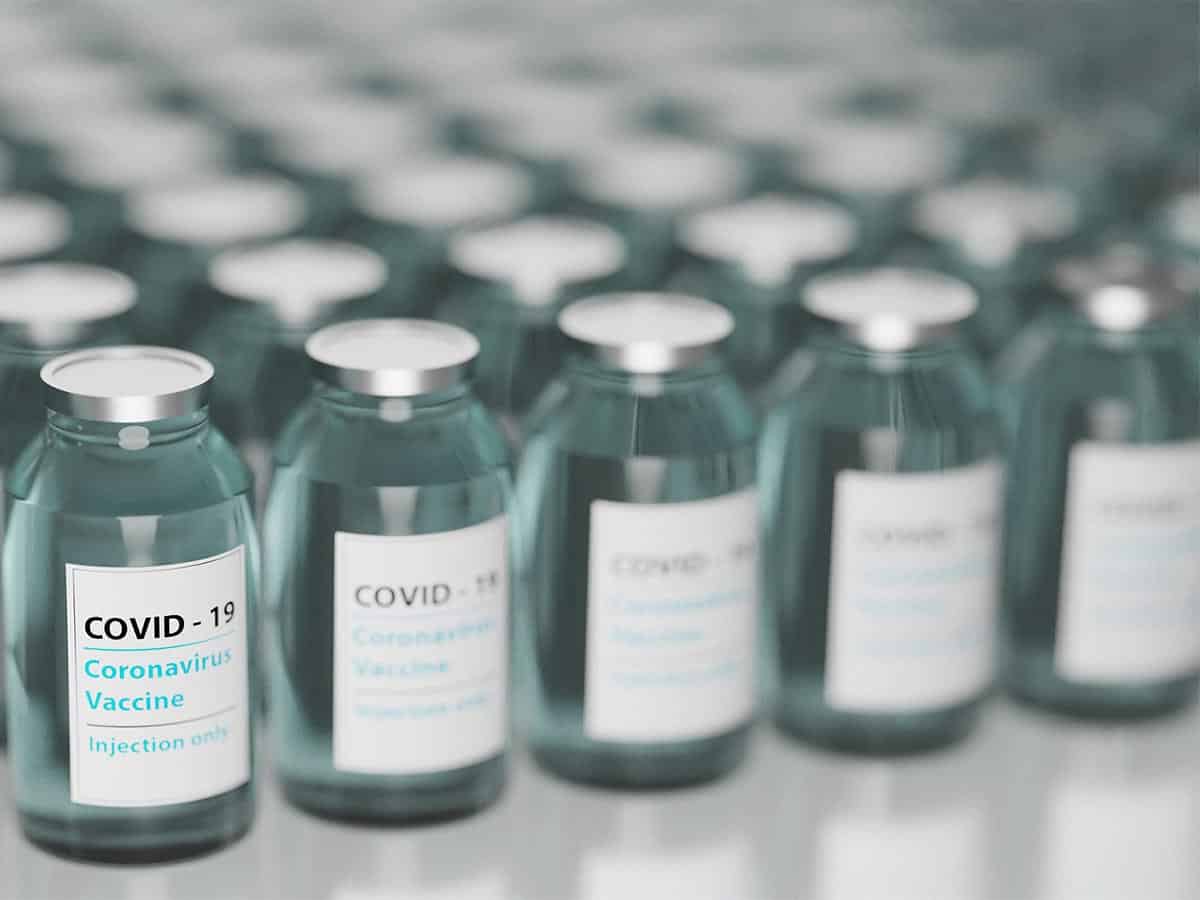New Delhi: India is all set to embark on the third and the largest phase of vaccination drive against Covid-19 which will reach out to around 27 crore of population aged above 60 or above 45 with co-morbid conditions.
Two coronavirus vaccine candidates– Covishield and COVAXIN—will be used in the massive immunisation programme, whose 1,42,42,547 doses have been administered so far, which includes over 70 per cent of the health workers.
Registration
However, registration is required to receive the vaccine doses. The government has provided three modes for the registration of eligible beneficiaries—online, on-site and facilitated cohort registration.
The first is advance self-registration under which the beneficiaries will be able to self-register in advance by downloading the CO-Win 2.0 portal and through other IT applications such as Arogya Setu etc.
The government upgraded the CoWIN which was being used in the initial two phases of the vaccination for immunisation of healthcare and frontline workers. It was created for real-time monitoring of Covid-19 vaccine delivery.
Eligible people can register themselves on the platform from Monday, March 1, 9 a.m. onwards. The platform can be accessed via web or through a mobile application.
Eligible beneficiaries can register at the CO-WIN 2.0 portal through their mobile number following a step by step process. After registration, the application will show the government and private hospitals serving as Covid Vaccination Centres (CVC) with the date and time of the available schedules. The beneficiary would be able to choose the CVC of his/her choice and book an appointment for vaccination.
A person can register as many as four beneficiaries with a single mobile number. However, the beneficiaries would have to produce identity proofs separately.
Photo identity documents
The government has listed seven photo identity documents which can be used for online registration: Aadhaar Card/Letter, Electoral Photo Identity Card (EPIC), Passport, Driving License, PAN Card, NPR Smart Card and Pension Document with photograph. Meanwhile, the vaccination is being provided at 10,000 government medical facilities and over 20,000 private hospitals.
As per modalities released by the government, there will be only one live appointment for a beneficiary at any point of time for each dose. Appointments for any date for a Covid Vaccination Center (CVC) will be closed at 3 p.m. on that day for which the slots were opened.
The option for self-registration will not be limited to online channels as many may not be well-versed with using apps. Apart from the Co-WIN app, there will be registration windows open in hospitals. There will be no charge for registration.
Second is on-site registration. Facility of on-site registration allows those who cannot self-register in advance to walk into the identified CVC and get themselves registered there and then vaccinated.
Third, is facilitated cohort registration — Under this mechanism, the State/UT governments will take a proactive lead. Specific date(s) for Covid vaccination will be decided where target groups of potential beneficiaries will be vaccinated.
While the people above 60 will only be required to verify their age through seven of the photo Identity cards, those above 45 and having co-morbidities will have to attest a proof of their underlying conditions.
Co-morbidities
The government has prepared a list of 20 co-morbidities, including diabetes and heart failure with hospital admission in the past one year, prioritised in the third phase of the Covid-19 vaccination drive.
The co-morbidities include Heart failure with hospital admission in past one year, Post Cardiac Transplant/Left Ventricular Assist Device (LVAD), Significant left ventricular systolic dysfunction (LVEF10 years OR with complications) AND Hypertension on treatment, Kidney/ Liver/ Hematopoietic stem cell transplant: Recipient/On wait-list, End stage kidney disease on haemodialysis/CAPD, Current prolonged use of oral corticosteroids/immunosuppressant medications, Decompensated cirrhosis, Severe respiratory disease with hospitalisations in last two years/FEV1

